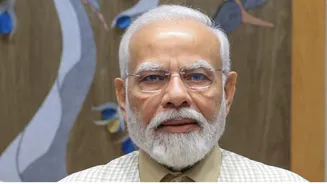In an age where smartphones can record anything within seconds, questions about privacy and legality are becoming increasingly significant. Suppose you are talking on the phone with a friend, relative,
or partner, and they record your conversation without your consent, is that a crime? The answer, legally speaking, depends on what happens next.
If you are a participant in the conversation, recording it may not, by itself, constitute a criminal act under law. However, using that recording to harm, threaten, or defame someone crosses into criminal territory. Courts have repeatedly held that intent plays a decisive role in determining whether an act of recording amounts to an offence.
What Can You Do If Someone Records Your Call?
If you discover that your call has been recorded and misused, you can file a complaint at your nearest police station or cyber police unit. Supporting evidence such as call recordings, screenshots, or chat logs can strengthen your case. Complaints can also be submitted online through the National Cyber Crime Portal at www.cybercrime.gov.in.
Legal Provisions Protecting Privacy
The following sections of law come into play in such cases:
1. Section 66E of the IT Act, 2000
Recording or sharing someone’s private conversation, photo, or video without consent is punishable by imprisonment of up to 3 years, or a fine of up to Rs 2 lakh.
2. Section 77 of the Bharatiya Nyaya Sanhita (BNS), 2023
Recording, transmitting, or sharing a woman’s private activity without permission is a criminal offence.
- First offence: Imprisonment up to 3 years and a fine.
- Repeated offence: Imprisonment up to 7 years and a fine.
3. Section 79 of the Bharatiya Nagarik Suraksha Sanhita (CrPC)
Any word, gesture, or act intended to insult the modesty of a woman is punishable with imprisonment up to 3 years, or a fine, or both.
4. Section 351 of the Bharatiya Nagarik Suraksha Sanhita (CrPC)
Using a recording to threaten, blackmail, or intimidate someone is a punishable offence. The maximum sentence is 2 years, extendable to 7 years if the target is a woman or a member of a vulnerable group.
5. Section 356 of the Bharatiya Nagarik Suraksha Sanhita (CrPC)
Sharing any audio, video, or call recording that defames another person can lead to imprisonment up to 2 years or a fine.
Right To Privacy
Legal experts emphasise that while recording your own conversations may not always be illegal, misusing them is.















